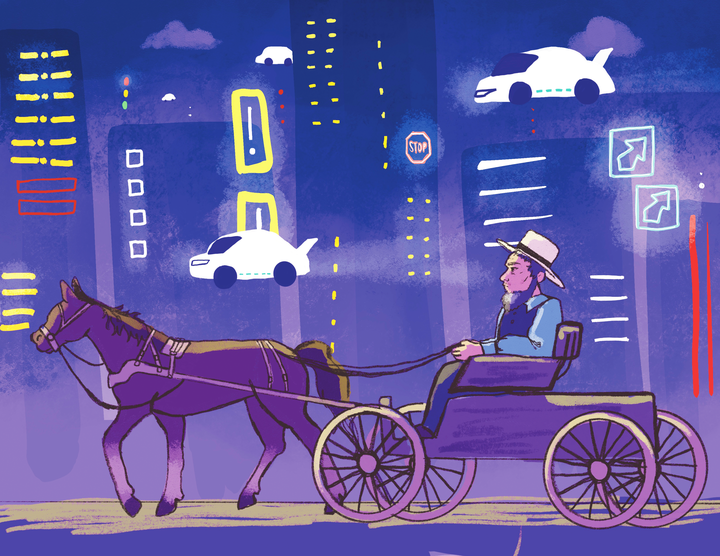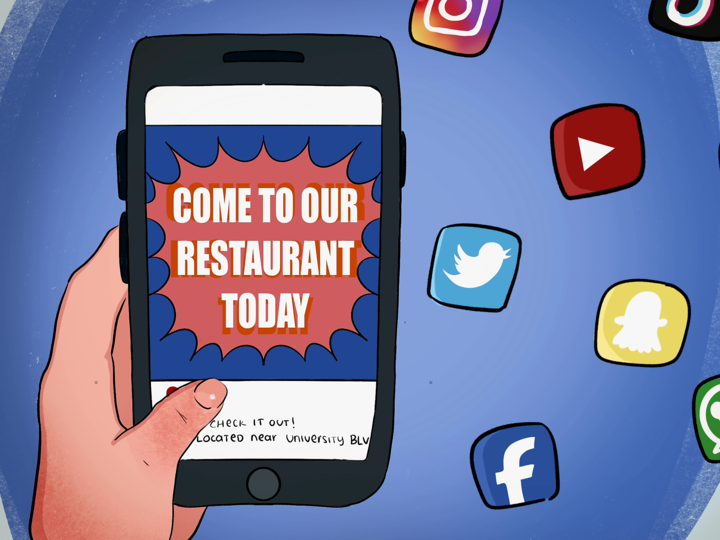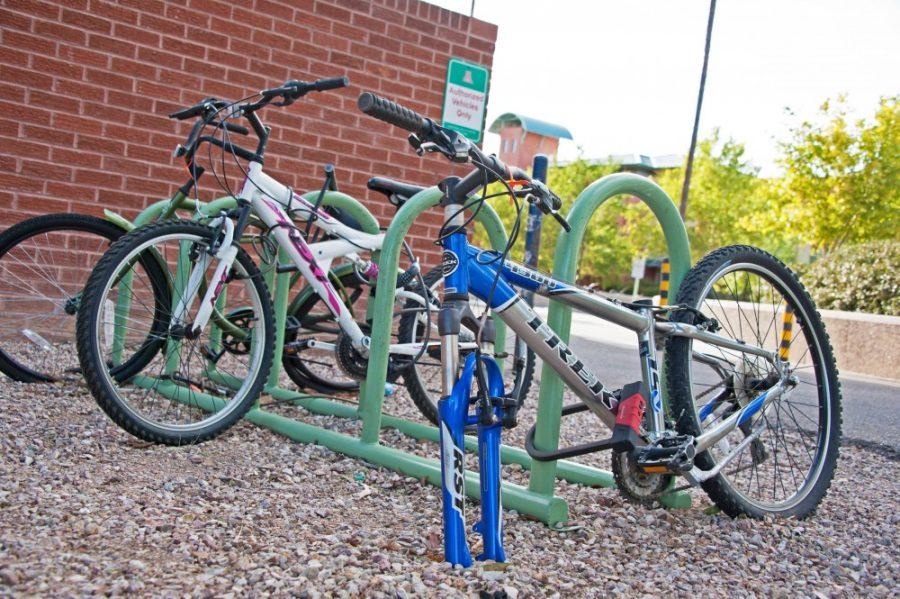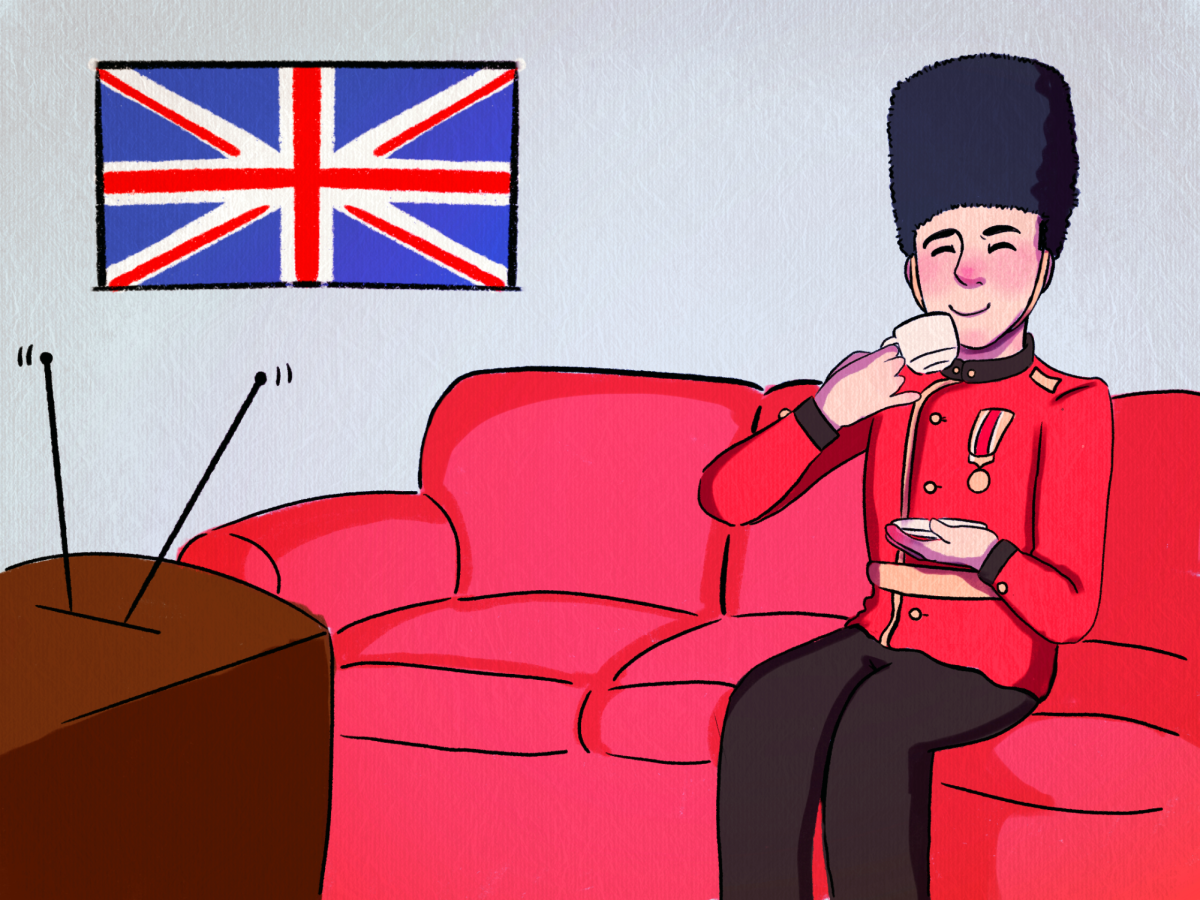What do high school bullies hope to accomplish? Though they may think their actions are innocent, in light of recent events it is valid to ask: Do bullies really want their victims to kill themselves?
It seems like a dramatic question to ask, but it’s perfectly valid these days, especially since the case of Phoebe Prince.
Prince, who’d recently moved from Ireland to western Massachusetts, took her own life after being cyberbullied and relentlessly teased at South Hadley High School. In addition to enduring harassment at school, 15-year-old Prince was tormented via cell phone and Facebook. The Boston Herald reported in a Jan. 26 article that Prince had been menaced by “”a foul-mouthed teenage girl who was among teens who bullied her constantly … and told Prince to ‘go kill (her)self.'””
Imagine the lifelong guilt that a normal, compassionate person would feel upon learning that someone actually committed suicide after being instructed to do so. Is that what the bullies wanted?
Even in death, Prince has been haunted by high school demons. Many of her harassers mocked Prince on her Facebook memorial page and returned to school as if nothing had happened. According to The Boston Globe, the mean girls told state police detectives they “”did nothing wrong, had nothing to do with Phoebe killing herself.”” If these kids can’t learn from suicide, there’s really no hope for their personal development or acquisition of compassion.
Many commentators are unsatisfied with the way that Prince was treated, and it’s easy to assume that her death was a direct result of harassment. There is, however, a real possibility that there was something else going on in Prince’s life. Most people are picked on at some point, and some children, unfortunately, have to deal with more harassment than the lucky ones who are inexplicably left alone. The reality is that not all of these victims hurt themselves or others simply because of school bullying. There must have been further internal suffering of which Prince’s friends or family members will ever know, and the high school teasing just hastened her arrival at her breaking point.
With that in mind, it’s important for bullied teens and preteens to speak up when they are being harassed in school. Most schools have counseling resources, and students can always approach a teacher or principal if harassment persists.
One has to wonder if Prince had mentioned any of the teasing incidents to the South Hadley High School administration. Was she a silent victim? Prince’s close friend, who wished to remain anonymous, told CBS that Prince hid her pain. It’s likely that she expected the teasing to subside or that she just decided to tough out the hard times.
Regardless, where were all the observant adults? Even if Prince wasn’t vocal about her harassment, her teachers were probably aware that it was going on since Prince was often terrorized in school. The Boston Herald also reported that Prince was seen running out of her algebra classroom in tears. Where was her algebra teacher during all this? A responsible instructor would have followed Prince out the door or at least have phoned the school counselor to handle the situation. It’s hard to believe that Prince’s teachers didn’t know about Prince’s unhappiness or at least about the mean girls’ .
No matter what pundits and parents do now, Prince is still dead and her harassers will probably never fully understand the damage they have done. Cyberbullying is sparking more suicides than ever, and schools need to take bigger steps to prevent harassment. Disciplinary action should be enforced, and students should face suspension and expulsion for harassing peers. Call it extreme and harsh, but no measure is too extreme if it prevents a situation like that of Phoebe Prince.
— Laura Donovan is a creative writing senior. She can be reached at letters@wildcat.arizona.edu








